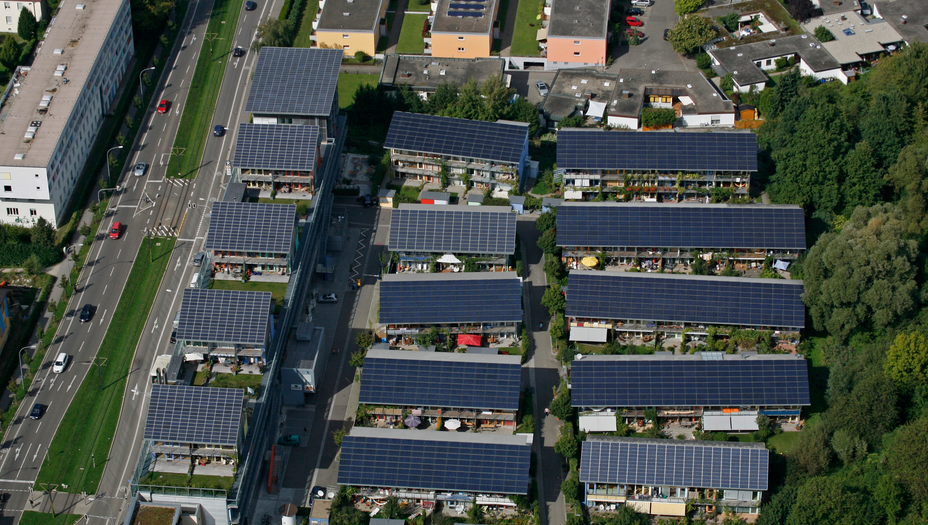
National Energy Nonprofits Team Up to Make Solar More Affordable
The national energy policy and sustainability nonprofits the Center for Social Inclusion, Vote Solar, and GRID Alternatives have teamed up to launch a new online tool called the Low Income Solar Policy Guide.
This online resource is geared toward helping low-income families and individuals capitalize on the growing market for solar energy in four key areas: workforce development, community solar, multifamily housing solar, and single-family solar.
Over the last couple of decades, declines in the costs of building and installing solar power systems, coupled with ongoing local, state, and federal government sustainability incentives have combined to drive growth in the solar power industry. This growth has created a variety of opportunities for lower income individuals, families, and communities.
The Low Income Solar Policy Guide is designed to educate community leaders and policymakers in regards to how effective policies could open access to solar power for many more low income people nationwide.
It’s Time That Policy Matched Opportunity
Given the technological advances that have driven down the costs of manufacturing and installing solar power systems over the last couple of decades, the United States is in an unprecedented position to drive serious progress toward a sustainable energy future.
This potential for progress must be captured by activating as many potential sustainably powered households as possible. In order to do so, new energy policies that drive access in low-income communities are necessary.
Job Creation
Another key component of effective, sustainable energy policy is the inclusion of job creation, specifically for low-income and other marginalized individuals. Creating more jobs in renewable energy is already necessitated by the ongoing growth of the industry.
But inclusion of job training and other job-creation incentives on the national policy level will help to drive awareness of solar power and sustainability issues in lower income communities, nationwide.
This, in combination with policy-driven incentives for low-income individuals and families to convert to solar, will in-turn have a positive effect on the continued growth of the solar industry.
What This Means for Solar Businesses Already in Operation
The Low Income Solar Policy Guide launch, with its call for growing access to job training in the solar power industry for low income individuals, and its call for solar incentives for low-income families, low-income housing, and low-income community projects will help to sustain the continued expansion of the industry as a whole.
This continued expansion, supported by the ongoing development of trained, qualified installers and solar power workers of other kinds, will continue to grow the profitability of the solar power industry as a whole.
Low Income Solar
Solar power and sustainability in general has long been concentrated in the communities that could afford to support it. The Low Income Solar Policy Guide is calling for a broadening of that community through targeted policy in a way that will benefit all individuals, families, communities, the nation, and the global environment.
[Photo via: Wikipedia]
Start making more
money today!
Search Categories
Tags
Tag Cloud
Latest from Twitter
Contact Us
Call us at 310-540-8900 or fill out the form below and we’ll tell you how you can get high quality leads for free*.
* Get up to 10% free leads on your first order!